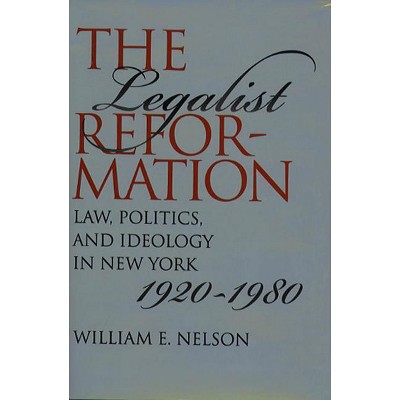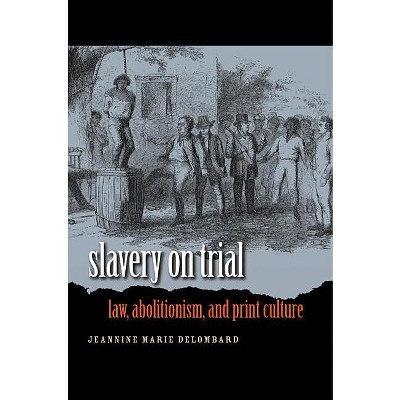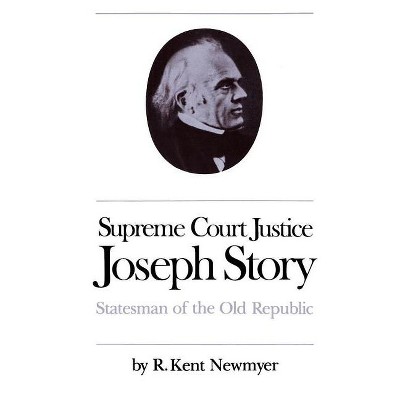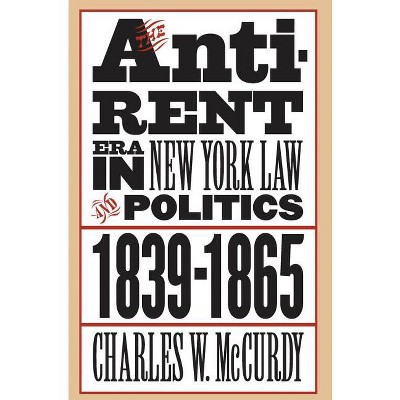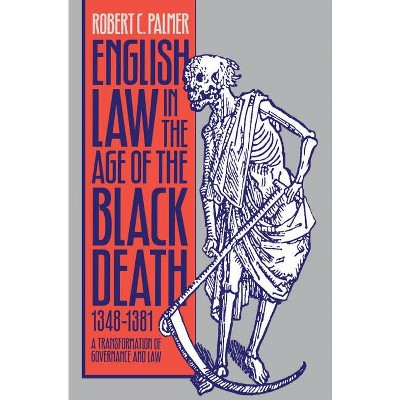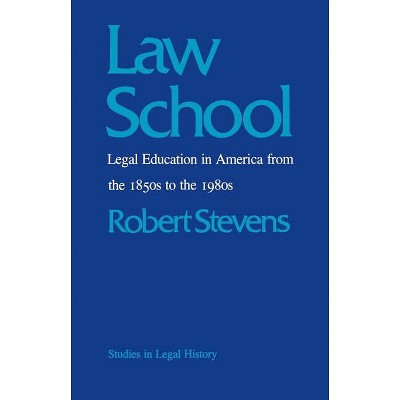Sponsored

Along Freedom Road - (Studies in Legal History) by David S Cecelski (Paperback)
In Stock
Sponsored
About this item
Highlights
- David Cecelski chronicles one of the most sustained and successful protests of the civil rights movement -- the 1968-69 school boycott in Hyde County, North Carolina.
- About the Author: David S. Cecelski is the Lehman Brady Joint Chair Professor in Documentary and American Studies at Duke University and the University of North Carolina at Chapel Hill.
- 248 Pages
- Education, General
- Series Name: Studies in Legal History
Description
About the Book
Along Freedom Road: Hyde County, North Carolina, and the Fate of Black Schools in the SouthBook Synopsis
David Cecelski chronicles one of the most sustained and successful protests of the civil rights movement -- the 1968-69 school boycott in Hyde County, North Carolina. For an entire year, the county's black citizens refused to send their children to school in protest of a desegregation plan that required closing two historically black schools in their remote coastal community. Parents and students held nonviolent protests daily for five months, marched twice on the state capitol in Raleigh, and drove the Ku Klux Klan out of the county in a massive gunfight.
The threatened closing of Hyde County's black schools collided with a rich and vibrant educational heritage that had helped to sustain the black community since Reconstruction. As other southern school boards routinely closed black schools and displaced their educational leaders, Hyde County blacks began to fear that school desegregation was undermining -- rather than enhancing -- this legacy. This book, then, is the story of one county's extraordinary struggle for civil rights, but at the same time it explores the fight for civil rights in all of eastern North Carolina and the dismantling of black education throughout the South.
From the Back Cover
David Cecelski chronicles one of the most sustained and successful protests of the civil rights movement--the 1968-69 school boycott in Hyde County, North Carolina. For an entire year, the county's black citizens refused to send their children to school in protest of a desegregation plan that required closing two historically black schools in their remote coastal community. Parents and students held nonviolent protests daily for five months, marched twice on the state capitol in Raleigh, and drive the Ku Klux Klan out of the county in a massive gunfight.Review Quotes
"Along Freedom Road is a book that should be read by anyone interested in civil rights, schooling, and southern history." -- History of Education Quarterly
"A fascinating and well-documented case study of the successful year-long school boycott carried out by African-American parents and students to save two historically black public schools. . . . [The] first detailed analysis of what can happen when African-American parents and educators decide to take responsibility for the training of black children in the era of so-called public school desegregation." -- American Historical Review
"A must read for those interested in the ongoing debate about the long-term implications of school integration and desegregation." -- CHOICE
"A superb piece of scholarship. . . . Well written and well organized. . . . Must reading for any student wishing to fully understand the legacy of the Brown case." -- Journal of Southern History
"Cecelski adeptly captures the dynamics and interactions among the various local, state, and federal agencies, grassroots groups, and national civil rights organizations. He also skillfully weaves this account into a coherent narrative. . . . Along Freedom Road represents an important chapter in the still unfolding story of school desegregation. It is required reading for all those who are interested in understanding more about how African Americans view their schools." -- Southern Cultures
"Cecelski makes his case with clarity and fairness, weaving the larger message of his book through the important story of a community of black people who set out to save a piece of their heritage, believing that it was simply too important to lose." -- Progressive
"Cecelski reveals the underside of school desegregation, that southern blacks bore most of its burdens. . . . A well-written analysis of a neglected feature of the civil rights movement in the South." -- North Carolina Historical Review
"Provocative and illuminating. . . . Let us be grateful to Cecelski for shedding new light on a dimension of school desegregation that so many of us have ignored for so long." -- Journal of American History
"The provocative story of the Brown decision's impact on one Tidewater county draws into question some of integration's cherished precepts. . . . Such original scholarship when 'school choice' is a current issue bears serious contemplation." -- Booklist
About the Author
David S. Cecelski is the Lehman Brady Joint Chair Professor in Documentary and American Studies at Duke University and the University of North Carolina at Chapel Hill.





